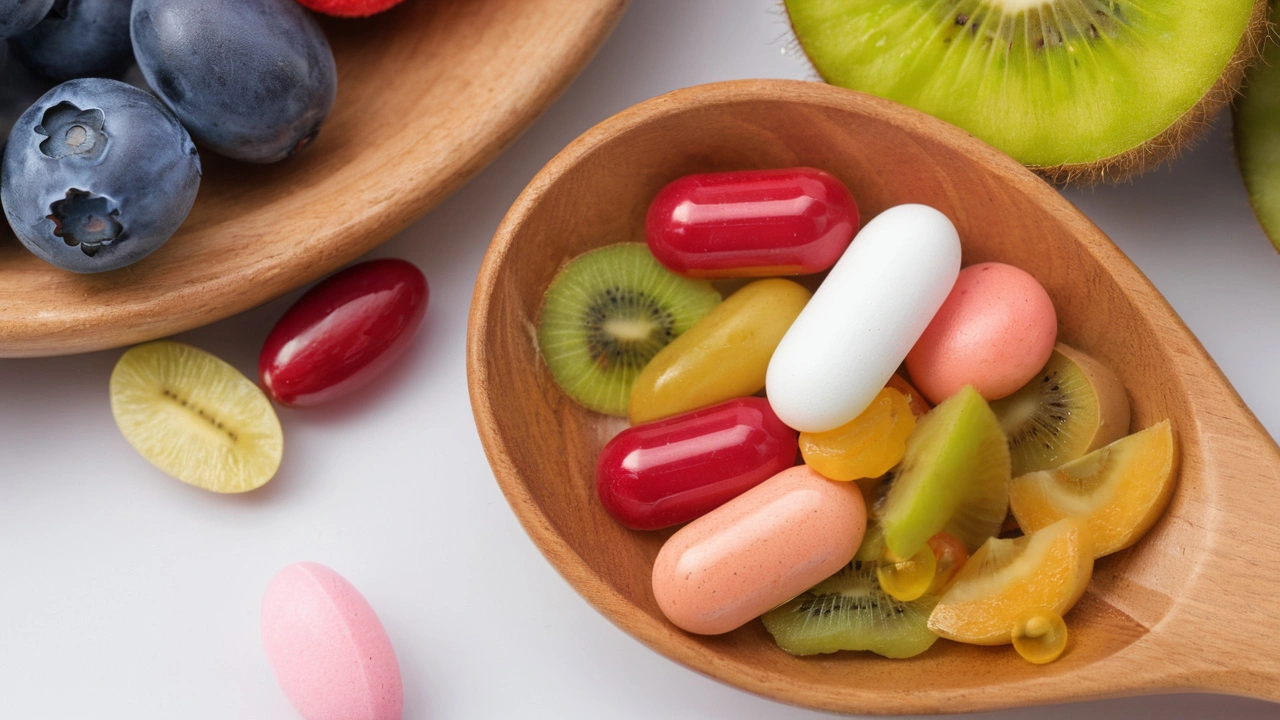Heatwave Safety for People with Diabetes
Heatwaves hit harder when you have diabetes. Your risk of dehydration, heat exhaustion, and blood sugar swings rises fast. Here are practical steps you can use right away to stay safe, keep medicines stable, and avoid ER visits.
Hydration comes first. Drink water often, not just when thirsty. Aim for small sips every 30 to 60 minutes if you are active outside. Avoid alcohol and high‑sugar drinks that can spike glucose or cause more dehydration. If you take diuretics or other blood pressure meds, ask your provider how much fluid you should have.
Watch blood sugar more often. Heat and exercise can lower glucose for some people and raise it for others. Check more frequently and write down trends. Never leave insulin or open pens in a hot car — heat destroys potency. Carry a small insulated bag or cooler pack for supplies when you travel.
Dress smart. Loose, light‑colored clothing and a wide hat cut heat load. Use breathable fabrics and change damp clothing quickly. Cooling towels, fans, and shade make a big difference when the temperature soars.
Know warning signs
Heat exhaustion symptoms include heavy sweating, weakness, dizziness, nausea, rapid pulse, and cool clammy skin. If symptoms start, move to a cool place, loosen clothing, sip water, and rest. If someone becomes confused, has very high body temperature, or stops sweating, treat it as heatstroke and call emergency services.
Plan for daily care
Keep a routine for meds and meals. Hot weather can change appetite and how your body uses insulin. Try to eat small regular meals and set alarms for medication times. If you use continuous glucose monitors or insulin pumps, check device temperatures and follow manufacturer instructions about heat exposure.
Stay connected. Tell family, friends, or neighbors when a heatwave is coming. Check on older adults, children, and anyone with health issues twice a day. Social support prevents problems before they start and gets help faster if needed.
Use cool indoor spaces. Libraries, malls, community centers, and cooling shelters offer a safe place when home is too hot. If you have air conditioning, keep it at a comfortable level; if not, use fans with open windows at night to pull in cooler air.
Pack a “heat kit.” Include water, glucose tablets, a list of medications, health insurance info, and a small cooler for insulin if you must travel. Keep phone numbers for your doctor and local emergency services handy.
Adapt activity. Move strenuous chores to cooler parts of the day. Slow down when temperatures spike and watch symptoms closely during exercise. Swimming is a good option because it cools you and reduces joint stress.
Ask your healthcare team about adjusting doses during extreme heat. Some meds change how they work when you sweat more or lose fluids. Your provider can give simple, safe changes based on your personal health.
If you feel unsure about any step, call your clinic. Quick questions often prevent big problems.
Stay cool, hydrated, and watch signs—your body tells you what it needs.

Heatwave and Monsoon Drive Surge in Infection Rates; Increased Sales of Augmentin, Liv 52, and Electral in June
Haig Sandavol Jul 30 19Heatwaves and the onset of the monsoon season have spurred a surge in infections, driving up the sales of antibiotics, liver tonics, and rehydration solutions in June. With Rs 22 crore more sales for Augmentin, Rs 14 crore for Liv 52, and Rs 13.5 crore for Electral compared to last June, the increase has been significant. Doctors report a rise in respiratory, gut, and urinary infections, along with pollen allergies and other vector-borne diseases.
More Detail